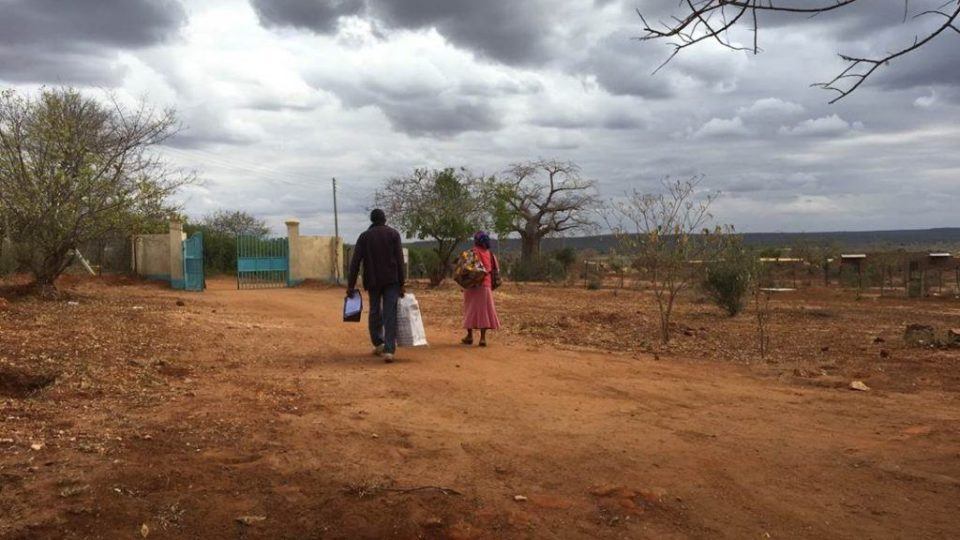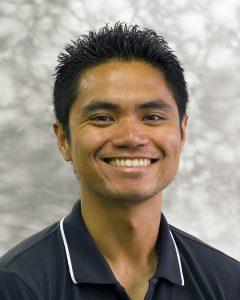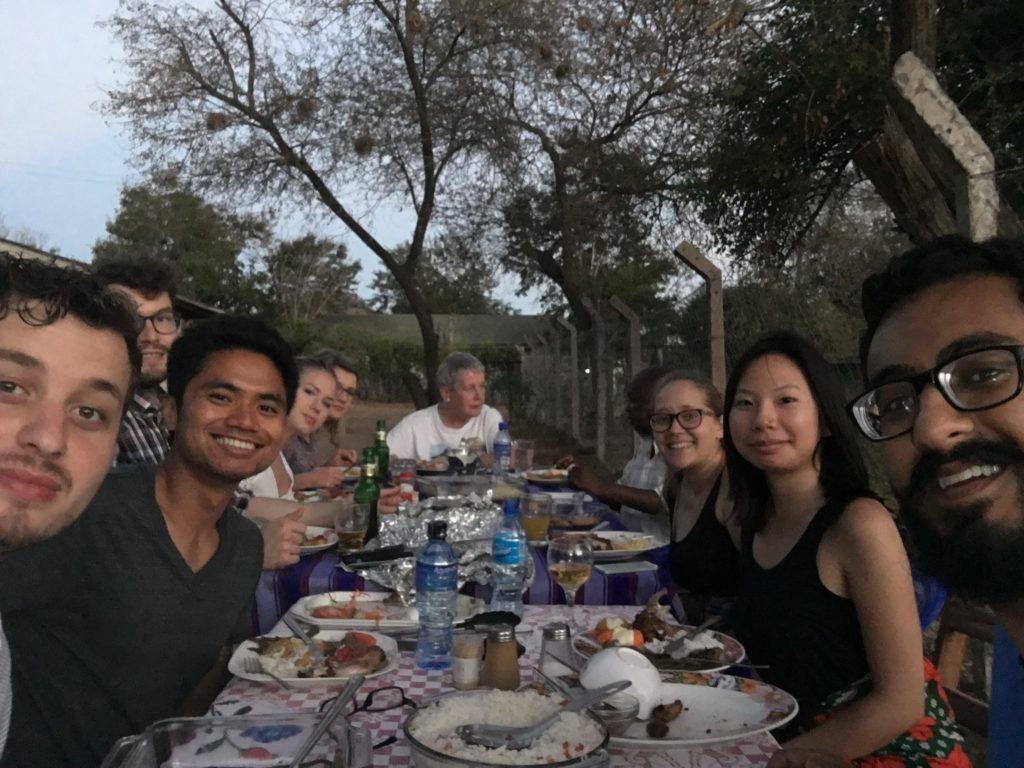Authority Health Medical Resident Returns to Kenya

Earl Carlos, affectionately known as EG by his friends and family, completed an eight-week residency placement in Kenya last July. He was one of three Authority Health medical residents who partnered with CMMB and served at the Mutomo Mission Hospital.
He is currently preparing to return to Kenya in August – this time joined by his younger sister, nurse Ellise! In this piece, EG shares a little about his experience during his first placement and what compels him to return.
“When you see the kind of things I saw at the hospital, you can’t forget them. You can’t go back to life before. I graduate residency next year and I don’t know if I can just live a normal clinical life.”- EG Carlos
By the time I became a first-year resident, I already knew that healthcare systems, especially those in developing countries, were flawed. We are so spoiled in the U.S. If a doctor calls for a CAT scan or a CBC (complete blood count), it is a matter of making a request or filling out paperwork. In Kenya, at the Mutomo Mission Hospital, this is not the case. The hospital staff barely have anything. They rely on chest x-rays as the most advanced form of diagnostic testing, and that is if they can even get those. For the most part, they diagnose without any labs at all. But, they make due with what they have and somehow they get by.
At the end of the day, I saw a lot of people die, for a variety of reasons – many of which were simply out of our control. This was something that was hard to experience. But, after eight weeks, you approach every day with a commitment to simply do what you can – to deliver healthy babies into the world, to send mothers back home to their children, to save lives.
Tell us about your experience
First of all, the staff were full of surprises. They were all so easy going despite the challenging work conditions at the hospital.
The staff make it through the days and they’re pretty optimistic. One of the funny things I learned was that the Kenyans love their tea time. Come 11am, everyone would gather – all the nurses, all the staff – for tea time. I actually ended up picking up the habit myself.
I had to learn a lot. There were all kinds of ailments that I had never encountered before in the US. And then of course there were the conditions of the hospital and the making due with the limited resources at hand. I am in family medicine, so I am used to seeing the non-communicable diseases like diabetes, hypertension, and cardiac related issues. In Kenya, I was dealing with unfamiliar things that were every day realities for the medical staff at the Mutomo Mission Hospital. Like HIV, malaria, lower respiratory tract infections. Sometimes I found myself not knowing what to do, or how to treat a patient. Honestly, I had to do a lot of googling and it was a really humbling experience.
What do you hope for this second time around?
I really look forward to continuing learning. One thing I am really excited about is contributing to cervical cancer project at Mutomo Mission Hospital. While we were there the first time we saw three or four cases of cervical cancer, which is a lot in such a short amount of time.
Women were coming in with really low hemoglobin levels. They were really anemic. It turned out that these women had late stage cervical cancer, meaning the cancer had spread to other areas of their body making it difficult to treat, even in well-resourced hospitals. Obviously, cervical cancer screening in in hospitals like the one in Mutomo is non-existent. Preventative care is hard to implement for a variety of reasons and many of them have to do with a lack of financial resources. One of our goals is to contribute to the establishment of some sort of service. In fact, we are already raising money. We hope that we can build the foundation of this project, that it is something that the local team can continue developing, and that any future residents can build on it.
Tell us about the local staff?
They left such an impression on me – each and every one of them. Really, I was reliant on them. I was working with them because without them there would be no way I could do my job.
While the nurses looked to us to make the final decision on a patient, we relied so much on them. We asked then: what do you think they are saying? Do they feel pain here? Are they having trouble breathing? If I can’t get the answers to these questions, then there isn’t really anything I can do for the patient.
On our last weekend there, we invited the whole crew to dinner. They told me that this was the first time they actually had all gathered together as a group to hangout. In the end, we worked together so much. I remember thinking, this is what it feels like to be alive. Just seeing co-workers smiling and dancing together.
Is there anything that you wish you had known before you went the first time?
It is important to know that there are things we are just not going to be able to do. We need to figure out a way to ask a specialist about anticipated issues before we leave, so we can be prepared. Questions like, what can we do about strokes with the tools we have, what can we do about people who are coming in with things that there is absolutely nothing we can do about? We are doing that research now as we get ready to leave.
All in all, I think I’ll be a whole lot more prepared.
What was really cool about the hospital in Mutomo was that the patients were never alone. They always had family members there, just sitting with them.
Would you say that patients always having family with them is a positive thing?
Yeah I would say it was positive. When I would come in, early in the morning, there was always a family member present. I thought that was really nice. When I would round at the DMC hospital here in the US. There were many times I would see one poor person all by himself, I’d never see any family members. In Mutomo there was always a family member and it is not unusual to see them there the entire day. They won’t even leave, which is crazy.

